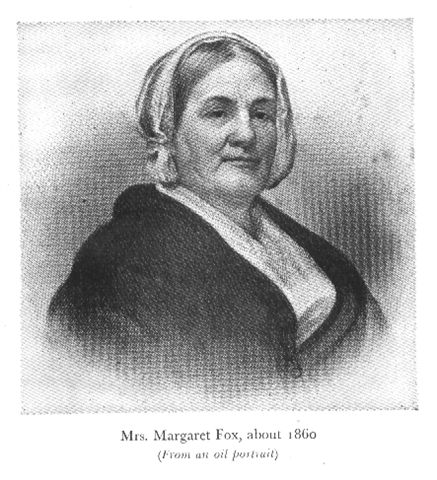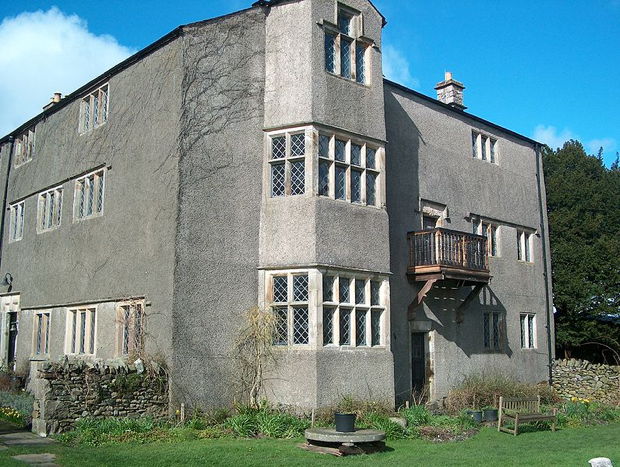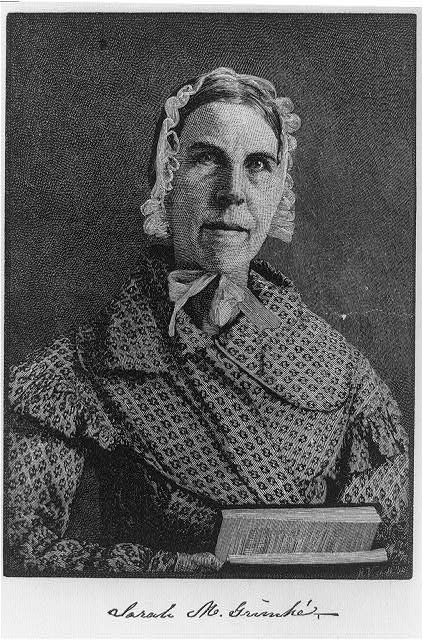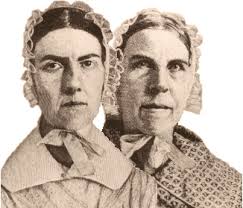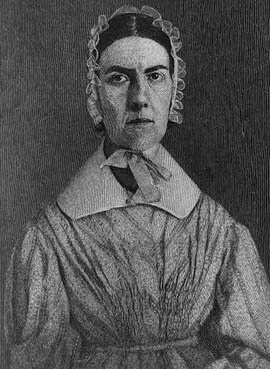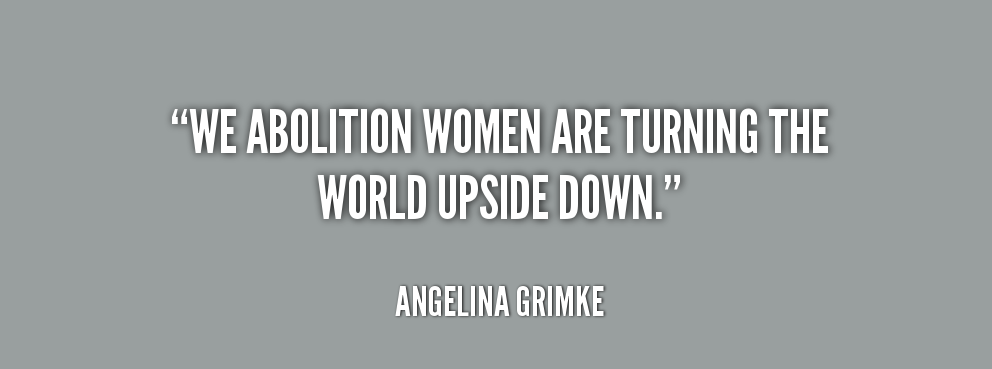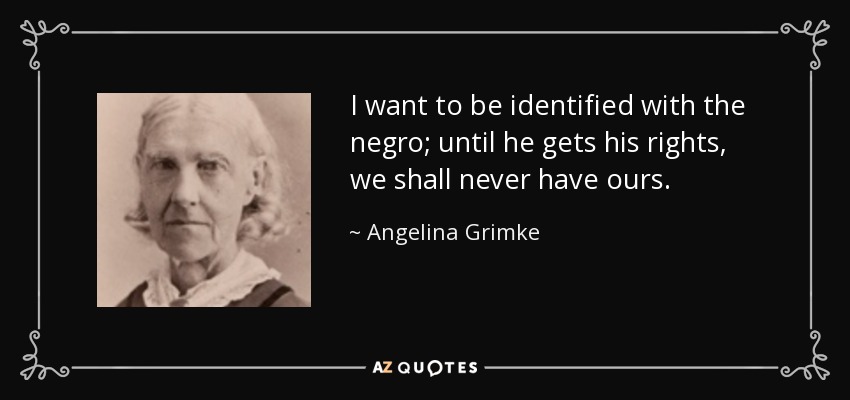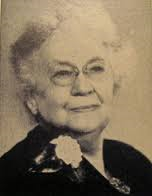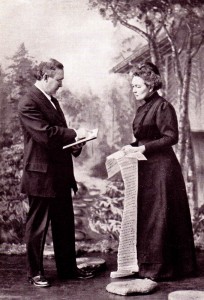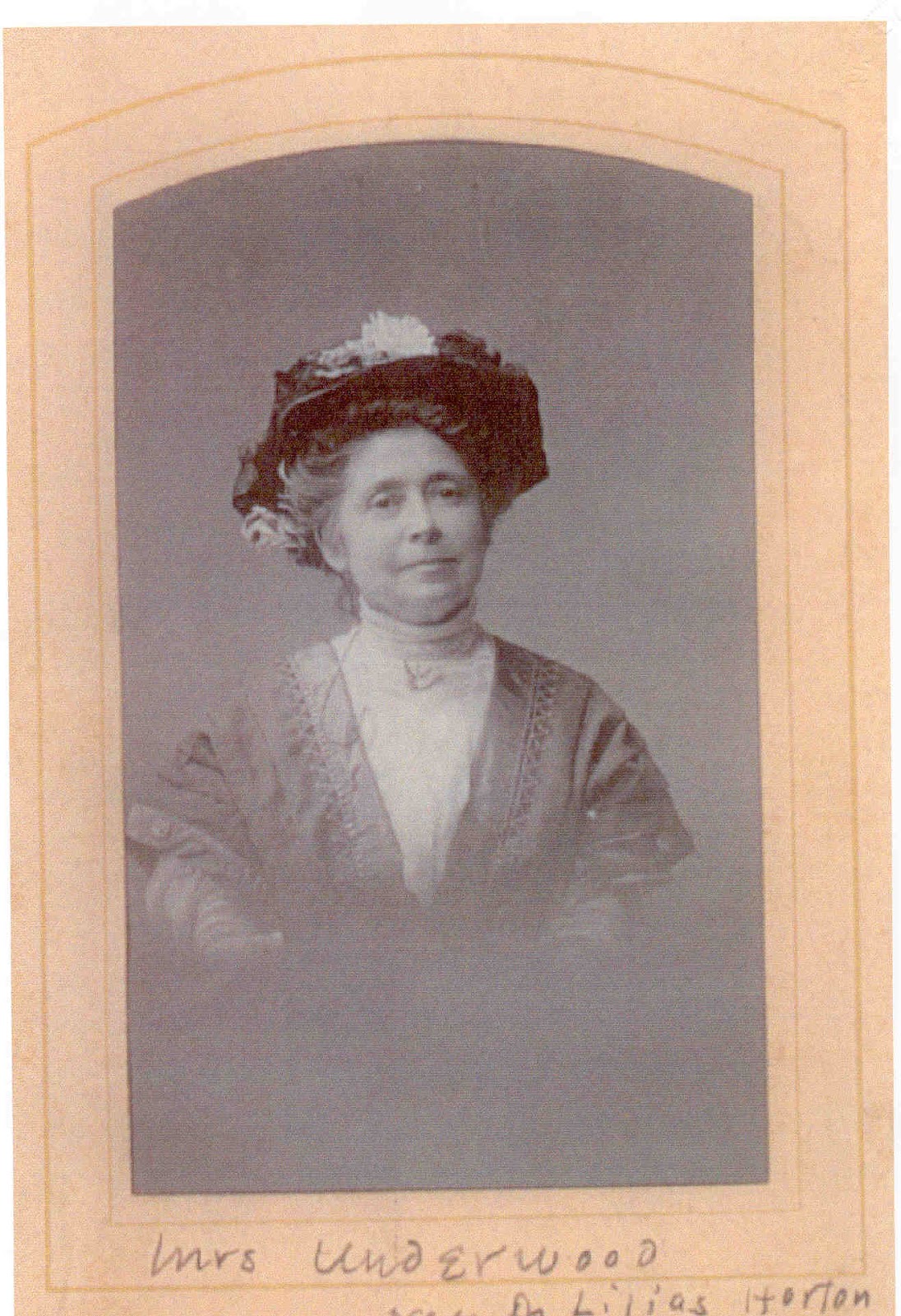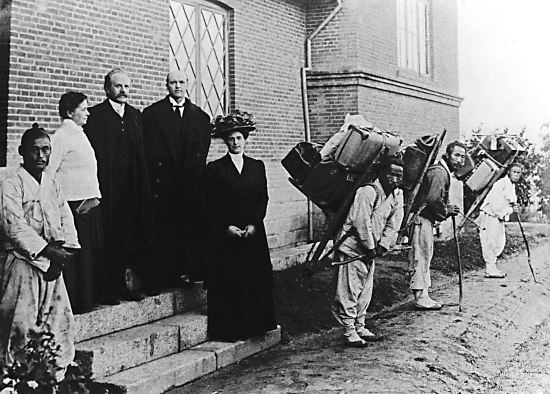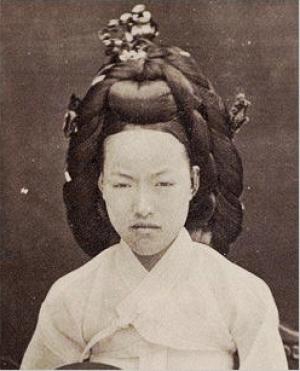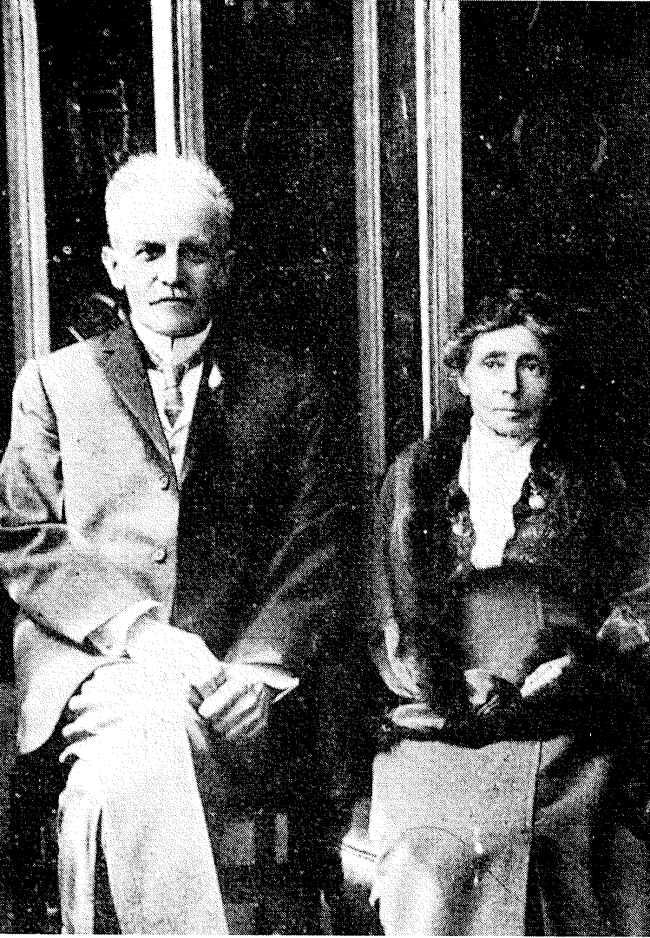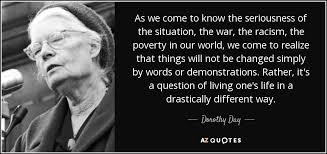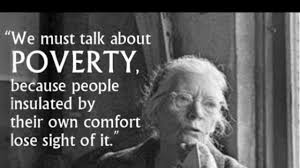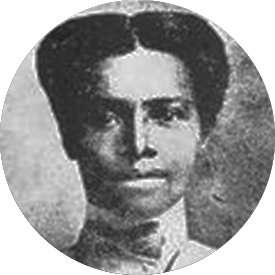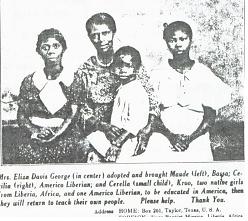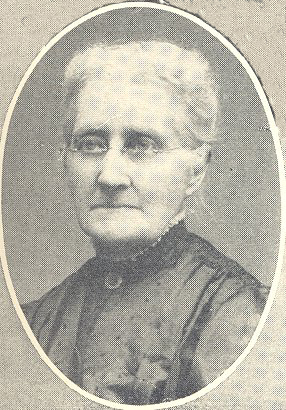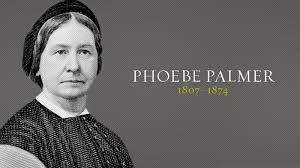Again, a conversation with the doctor. We always come back to the same point: “The church may not mix in politics,” he says. And I tell him that when you are a Christian and profess that God is almighty, there is not single area of life from which you can eliminate God. (Diary of Diet Eman, December 11, 1939)
These brave words from Diet Eman were not just empty talk. Because of her efforts to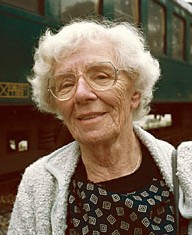 rescue Jews during the time of the Nazi occupation in Holland, Diet would suffer hunger, loneliness, danger, and imprisonment in order to follow her faith. Like all of us there were times when Diet wondered if God had forgotten her, but her doubts were short lived. She always came back to the knowledge that nothing could harm her unless God allowed it. This assurance of God’s love and faithfulness carried her through the horrible events of of the Nazi occupation in Holland in World War II.
rescue Jews during the time of the Nazi occupation in Holland, Diet would suffer hunger, loneliness, danger, and imprisonment in order to follow her faith. Like all of us there were times when Diet wondered if God had forgotten her, but her doubts were short lived. She always came back to the knowledge that nothing could harm her unless God allowed it. This assurance of God’s love and faithfulness carried her through the horrible events of of the Nazi occupation in Holland in World War II.
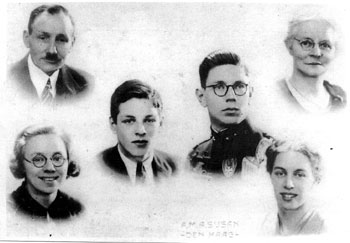 Born in 1920, Diet grew up in the Dutch city of The Hague. She was the third child of four in a godly Christian family. When she was seventeen she met Hein Sietsma, her future fiancé. Diet was ambivalent about Hein at first but soon grew to love him.
Born in 1920, Diet grew up in the Dutch city of The Hague. She was the third child of four in a godly Christian family. When she was seventeen she met Hein Sietsma, her future fiancé. Diet was ambivalent about Hein at first but soon grew to love him.
In 1938 the Dutch were worried about war. They could see what power Hitler had. Hitler had taken Austria, Poland, and would later take France very quickly. Diet recorded her fear in her diary that war would come and everyone would be in great danger. She knew that Hein would have to fight. Diet often wrote prayers in her diary and concluded the October 31, 1939 entry with, “O Father, console them and please spare our country from that terrible disaster, not because we are any better but only out of grace. And if it has to be different, then teach me to pray: ‘Your will be done.” O please protect him whom my soul loves!”
The Dutch people’s worst fears were realized when on May 10, 1940 the Germans invaded Holland. Holland fell in only five days, capitulating on May 15. Queen Wilhemina and the government had escaped to England for safety taking the Dutch treasury with them. This was important because Hitler had planned on using the money to finance his war.
Diet and Hein had no way of knowing how long the war would last but decided to get busy 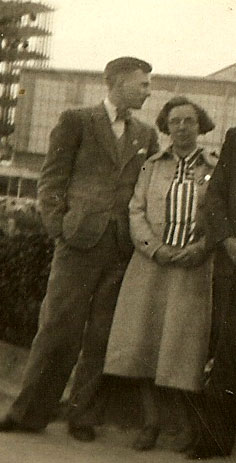 right away and help the resistance. After they witnessed the cruelty of the Nazi’s to the Jews they knew that they had to help Jews go into hiding. Everyone is familiar with the story of Corrie ten Boom (whom Diet would later meet) but the ten Booms were only one of hundreds of families who hid Jews. Many thousands of Jewish lives were saved by Christians who acted on their convictions of faith.
right away and help the resistance. After they witnessed the cruelty of the Nazi’s to the Jews they knew that they had to help Jews go into hiding. Everyone is familiar with the story of Corrie ten Boom (whom Diet would later meet) but the ten Booms were only one of hundreds of families who hid Jews. Many thousands of Jewish lives were saved by Christians who acted on their convictions of faith.
The resistance work was very intricate and dangerous. Diet and Hein helped to find housing for the Jews and then provide support for them with fake identification cards, and stolen ration cards. Many times while Diet was bicycling to the home of some farmers who were hiding Jews she had to go through check points. If the Germans had searched her and found the stolen cards, she would have been arrested on the spot. She and anyone who was implicated could have been shot.
Eventually both Hein and Diet were caught and imprisoned. Diet was sent to the prison at Scheveningen and then to Vught concentration camp. At the train station on the way to Vught Diet witnessed the reunion of Corrie and Betsy ten Boom. The sisters had a tearful reunion since they had been apart for months and their father had recently died at Scheveningen prison.
Diet was going by her third false name when she was caught and imprisoned. She prayed to God that she could keep her secret not only for herself but for all those who would be implicated if the Germans found out who she really was. She prayed to God to help her get released. The idea came to her to play dumb. Though she could speak German, she pretended to speak only Dutch and acted like a naïve fool whenever questioned. When her trial came up the ploy worked. Though one of the German judges was not satisfied with her story he could not disprove it. She was released August 19, 1944.
You might think that Diet would breathe a big sigh of relief and try to go back to a “normal” life. The Canadian troops were making their way through Holland freeing one town after another. Perhaps Diet could just relax now. But not Diet. She went right back to work in the resistance using one of her fake names – Willie.
The Germans were angry that the Dutch had resisted so long and blockaded any food from getting to the people. The German soldiers stole any remaining food from the farms and so began the Hunger Winter of 1944 -45. Still the brave Dutch resisted. And Diet continued to help the Jews until Dutch liberation on May 5, 1945.
Diet had tried to find out what happened to Hein. She received several letters from him, the last one dated December 10, 1944. Diet continued to try and write to him and finally one day she learned through a letter from Hein’s father that Hein had died at Dachau on January 20, 1945.
After liberation people who had come into contact with Hein or were with him in prison came forward to console Diet as they told of Hein’s great Christian character. Many were comforted by this man who maintained his faith until his death. Diet found some consolation for her grief when she heard these testimonies that her beloved Hein had been used of God even under persecution.
Diet took a job that involved travel. She wanted to get away from the evil of the war. She married and had two children. In 1969 Diet moved to Grand Rapids Michigan where she became an export manager for an export firm.
In 1978 on a news show, Diet was reunited with Corrie ten Boom. This is a very thrilling story. You can then follow a link with that story on YouTube and watch the video of “Diet’s Story of Faith and Courage”. I encourage you to watch and be blessed.
https://youtu.be/_NJasOHexls
Diet retired in 1986 and did volunteer work as a translator for Christian Doctors in the Luke Society, the Red Cross, and the Christian Reformed World Relief Committee in Central and South America.
Diet was asked to put her story in a book. It was published in 1994 and is entitled “Things We Couldn’t Say” and you can easily get it on Amazon. During an interview about the book she was asked, “Would you like to skip that part of your life?” Diet responded that she would not. She could only think of all of the blessings that God had given her – new friends, strength to overcome threats, danger, and prison. She praised God for His protection of her parents who lived to die at the ripe old ages of 91 and 93.
We Couldn’t Say” and you can easily get it on Amazon. During an interview about the book she was asked, “Would you like to skip that part of your life?” Diet responded that she would not. She could only think of all of the blessings that God had given her – new friends, strength to overcome threats, danger, and prison. She praised God for His protection of her parents who lived to die at the ripe old ages of 91 and 93.
In 1998 Diet received the Righteous Among the Nations medal form Israel’s Yad Vashem in recognition of her aid to Jewish people during the war.
Last year, on June 2, 2015 Diet “stole the show” when Dutch King Willem-Alexander and Queen Maxima went to Grand Rapids for a visit. The royal couple viewed a ballet based on Diet’s book, “Things We Couldn’t Say”, at Meijer Gardens & Sculpture Park. King Willem-Alexander said that Diet was one of their “national heroes with the highest decoration of anybody in the Dutch Resistance against the Nazis.”
I sent an inquiry to Calvin Seminary to Barbara Blackmore to find out if Diet was still alive. She forwarded my email to Dr. James Schaap. Dr. Schaap is the co-author of the book, “Things We Couldn’t Say”. What a privilege to hear back from him. Yes, Diet is still “alive and well, although painfully hard of hearing and certainly getting up there in age–94 or so, I think. It’s not easy to communicate anymore, except if you’re there with her in her apartment,” says Dr. Schaap. He also recommended The Reckoning, a documentary of Diet and other resistance workers’ lives.
Diet reminds us all that God loves us and is faithful and is in control of our lives. Diet remained totally dependent on Him through all of her life. She could say with David, “The Lord is my light and my salvation, Whom shall I fear? … For he will hide me in His shelter in the day of trouble” (Psalm 27:1, 5).
Praise the Lord, O my soul, and forget not all his benefits. (Psalm 103:2)
